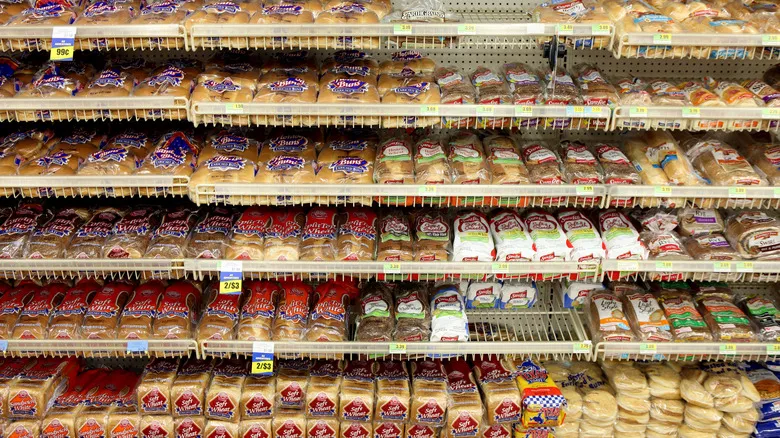Supermarket bread usually contains preservatives

According to Nathan Myhrvold, nearly any loaf you find at the supermarket—whether it's a budget brand or a more expensive artisanal option—is crafted with durability in mind. Given that many of us are mindful of our spending and aiming to minimize food waste, this can be quite beneficial.
It's important to note that a fresh loaf from your local bakery will generally taste far superior to a mass-produced loaf from a grocery store, which was likely made in a different state. However, choosing between these options often depends on how soon you plan to consume the bread. If you intend to eat a loaf quickly, the preservation aspect becomes less significant, so opt for the highest quality you can find (and remember to store it properly!). Myhrvold clarifies: "If you're going to use it right away, getting it fresh from the local baker is fantastic. But if it’s going to sit for a week, surprisingly, supermarket bread might be of better quality, as the all-natural, preservative-free bread from the artisanal bakery could spoil in a week or less."
By employing proper storage methods, such as avoiding the fridge, a supermarket loaf can last a week or more, thanks to the addition of emulsifiers, enzymes, and antimicrobials that help prevent bread from becoming stale, dry, or moldy.
Choose longer-lasting bread or freeze it
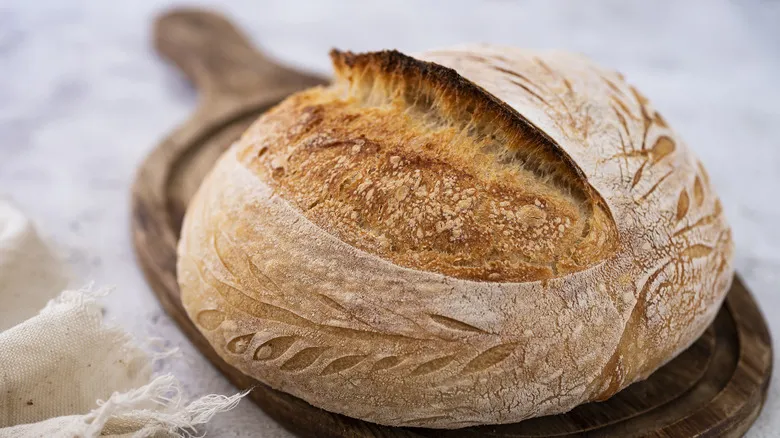
If you appreciate the concept of bread that lasts longer but aren't as fond of additives and preservatives, you don't have to settle for just one option. There’s a way to find a balance.
How? When visiting your local bakery, choose naturally longer-lasting artisanal options like sourdough. Not only is it tasty, but it also tends to have a longer shelf life than other breads—even without preservatives—due to the lactic acid produced during fermentation.
Alternatively, you can purchase any fresh loaves you enjoy and plan to consume them quickly, perhaps by whipping up a large batch of delightful French toast, bread pudding, or simply savoring a fresh slice with butter. You can also freeze your bread—any kind, including freshly baked artisanal loaves—to extend its lifespan significantly. Just slice it beforehand, then freeze, so you can easily take out the number of slices you need while keeping the rest frozen and perfectly preserved.
Recommended
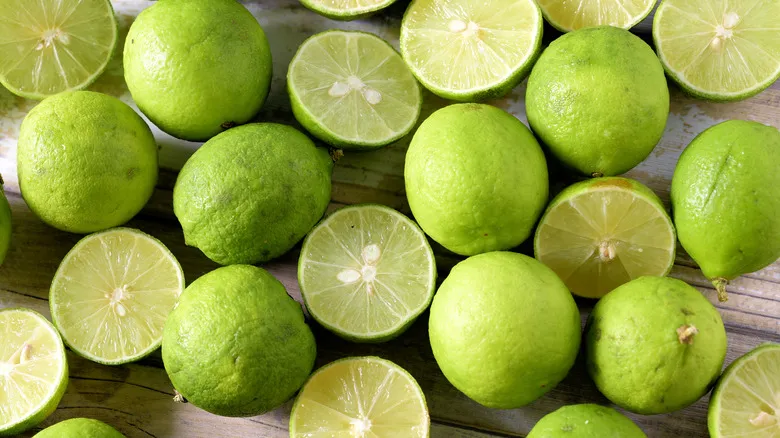
What Sets Key Limes Apart From Standard Limes?
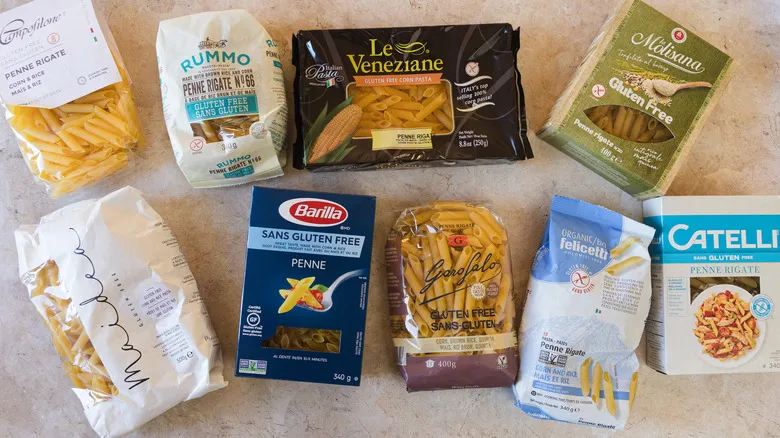
Gluten-Free Pasta Brands, Ranked Worst To Best
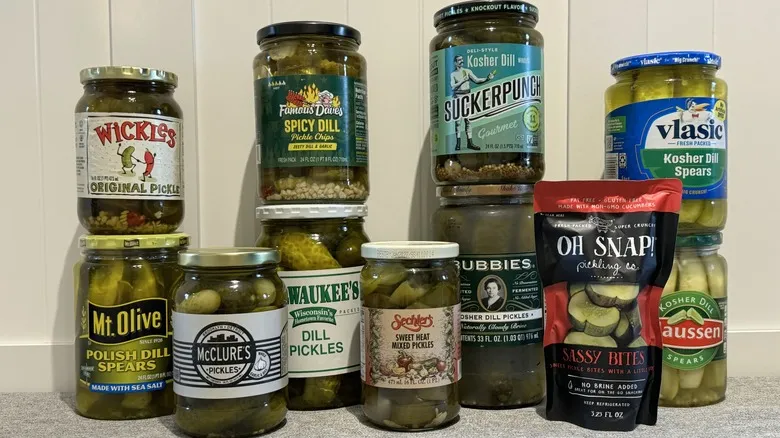
Store-Bought Pickles, Ranked From Worst To Best

What To Know Before Buying Brisket At Costco
Next up

